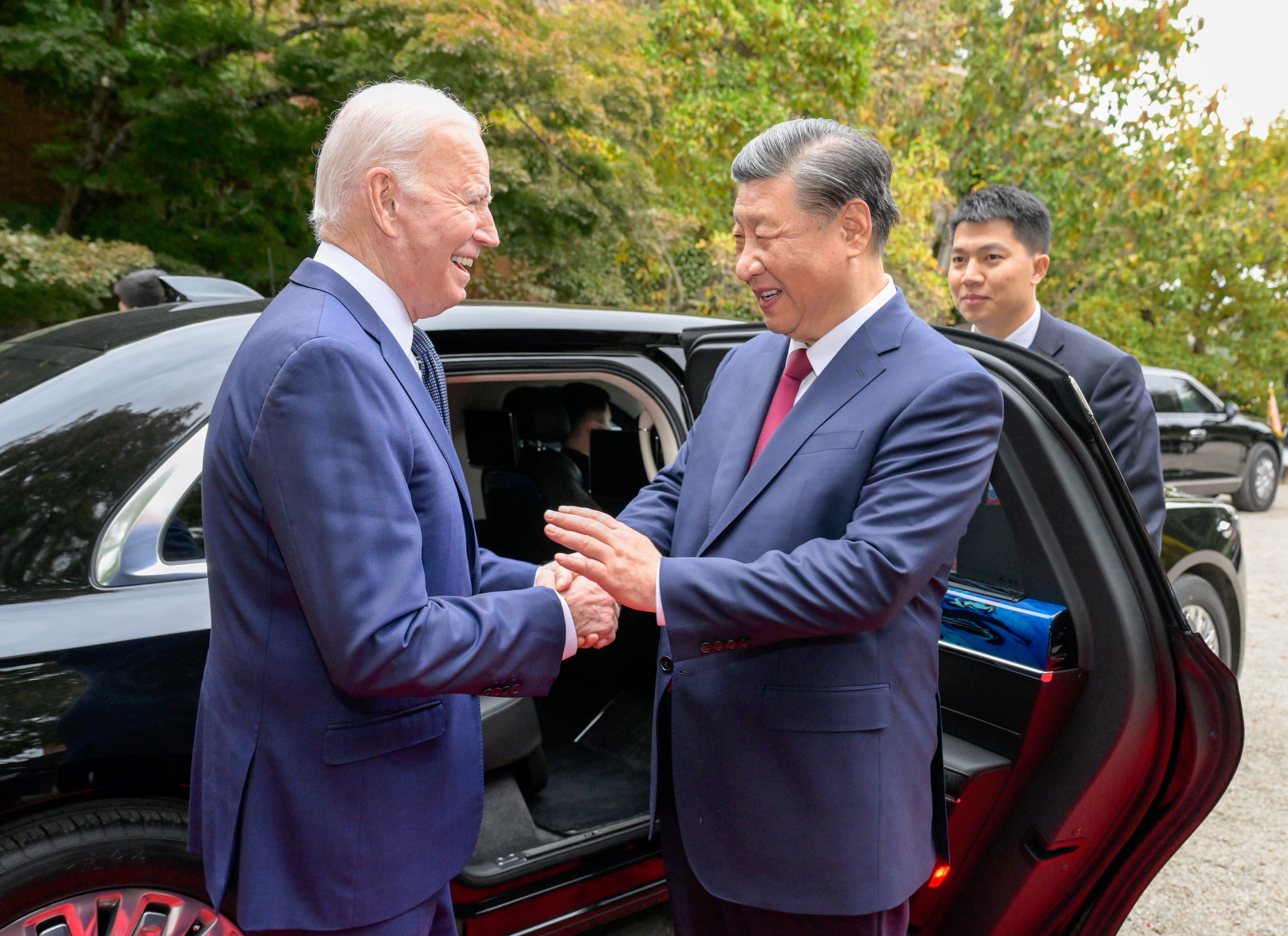
The U.S. ambassador to China said Beijing is undermining ties between the two countries despite the agreement between the two sides to boost engagement, according to the Wall Street Journal.
In a November summit, President Joe Biden and his Chinese counterpart Xi Jinping agreed to support and expand exchanges between the two countries in areas including student, business and sport exchanges.
Citing an exclusive interview with Ambassador Nicholas Burns, the WSJ reported that China was “interrogating and intimidating citizens who attend U.S.-organized events in China, ramping up restrictions on the embassy’s social-media posts and whipping up anti-American sentiment,”
“They say they’re in favor of reconnecting our two populations, but they’re taking dramatic steps to make it impossible,” he was quoted as saying.
It comes as ties between the U.S. and China have somewhat warmed after Xi and Biden met in California on the sidelines of the APEC summit in November.
Since then, Chinese officials have welcomed top American diplomats in Beijing, including Treasury Secretary Janet Yellen and Secretary of State Anthony Blinken.
However, Burns told the Journal that despite these actions, Beijing has increased the suppression of U.S. diplomatic activities in China. He also claimed the Chinese government pressured its citizens who attended those activities, or told them not to go.
According to the report, the ambassador said Beijing made it harder for Chinese students to attend U.S. universities.
CNBC reached out to the Chinese embassy in Singapore and has yet to receive a response.
The WSJ, citing the U.S. embassy, said university fairs across China have rescinded invitations for U.S. diplomatic staff to promote American colleges to high-school students and their parents, citing ideological or national-security concerns.
The report added that roughly half of participants over the past two years that were chosen for U.S.-funded exchange programs have pulled out, and attributed it to pressure from authorities, schools and employers.
“What they tell us and what they tell the world is they want people-to-people engagement, and yet this is not just episodic. This is routine. This is nearly every public event,” Burns told the Journal.
Source: CNBC
